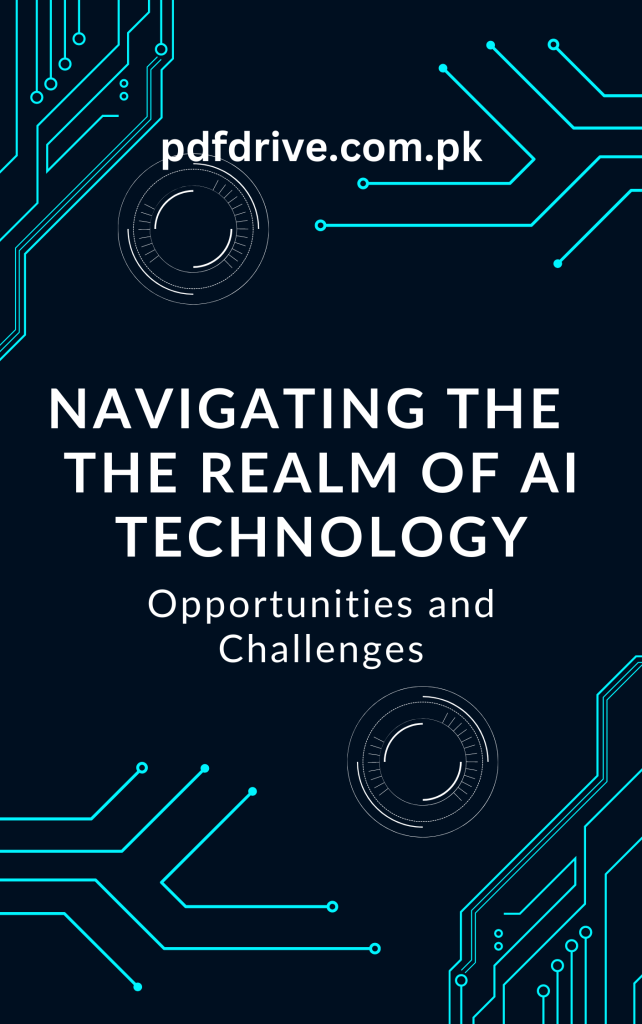Introduction:
In the United States, accident attorneys are essential in offering assistance and counsel to people who have been hurt in accidents brought on by carelessness or other illegal behavior. These legal experts act as victims’ advocates by guiding them through the complex legal procedures required to get proper compensation. They have a thorough understanding of personal injury law and a dedication to justice. This article highlights the crucial role accident attorneys play in assisting people in receiving the justice they are due.

The Power of AI Advancements: A New Era of Possibilities
AI technology has ushered in a range of advancements that are reshaping our world:
Automated Efficiency: AI-driven automation optimizes processes, reduces errors, and increases efficiency across industries.
Data Analysis: AI algorithms analyze vast datasets to extract insights and inform decision-making in real time.
Personalization: AI tailors experiences by understanding user preferences, improving recommendations, and driving customer engagement.
Healthcare Revolution: AI aids in disease diagnosis, drug discovery, and personalized treatment plans, revolutionizing healthcare.
Smart Devices: AI powers smart devices, enabling seamless voice recognition, image processing, and predictive actions.
2. Ethical and Societal Dilemmas: Addressing AI’s Challenges
Despite its potential, AI technology brings significant challenges:
Algorithmic Bias: AI systems can inherit biases from training data, leading to discriminatory outcomes.
Job Displacement: Automation driven by AI may lead to job losses, necessitating reskilling, and upskilling efforts.
Privacy Concerns: AI’s data-centric nature raises concerns about data security, privacy, and unauthorized access.
Autonomous Systems: The rise of AI-powered autonomous systems sparks debates over accountability and ethical implications.
Misinformation Threat: AI-generated deepfakes and manipulated content pose risks to media credibility and truth.
3. Navigating Ethical Considerations: Balancing Progress and Responsibility
Ethics plays a pivotal role in AI development and deployment:
Transparency: Ensuring AI systems are transparent and understandable to users promotes trust.
Accountability: Establishing mechanisms to assign responsibility for AI-generated outcomes and rectify errors.
Fairness: Striving to eliminate biases from AI algorithms to ensure equitable treatment for all individuals.
Data Privacy: Safeguarding user data through stringent privacy measures and consent protocols.
Human Oversight: Maintaining human control over AI systems to prevent unintended consequences.
4. Collaborative Efforts: Shaping AI’s Future Responsibly
Navigating the complexities of AI technology requires collective efforts:
Regulatory Frameworks: Governments and industries must collaborate to create robust regulations for AI development and use.
Education and Awareness: Raising public awareness about AI’s capabilities, limitations, and ethical considerations.
Ethical Design: Integrating ethical principles into AI system design to prioritize human well-being and fairness.
Interdisciplinary Research: Fostering cross-disciplinary research to address AI’s challenges and drive innovation.
Global Cooperation: Facilitating international collaboration to address AI’s global implications and ensure responsible use.
Conclusion
Conclusion: Harnessing AI for a Better Tomorrow
AI technology’s influence continues to grow, presenting opportunities for innovation and progress. As we embrace AI’s potential, it is imperative to navigate its challenges responsibly. By adhering to ethical principles, promoting transparency, and fostering collaboration, we can shape AI’s trajectory to benefit society, advance industries, and contribute to a future where technology enriches lives while respecting fundamental values.
